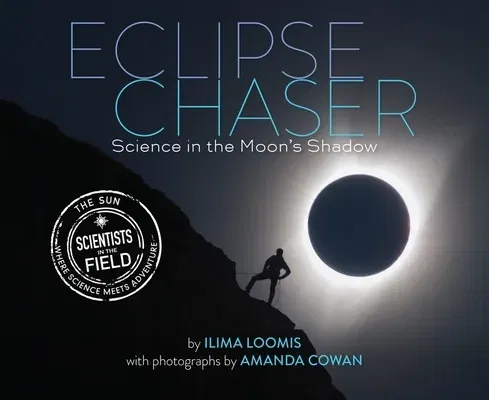Ilima Loomis
(Author)Eclipse Chaser: Science in the Moon's ShadowHardcover, 10 December 2019

Qty
1
Turbo
Ships in 2 - 3 days
In Stock
Free Delivery
Cash on Delivery
15 Days
Free Returns
Secure Checkout

Reading Age
Ages: 10-12
Grade Levels
5-7
Part of Series
Scientists in the Field (Paperback)
Part of Series
Scientists in the Field (Hardcover)
Print Length
80 pages
Language
English
Publisher
Clarion Books
Date Published
10 Dec 2019
ISBN-10
1328770966
ISBN-13
9781328770967
Description
Product Details
Audience:
Ages: 10-12
Author:
Book Format:
Hardcover
Country of Origin:
MY
Date Published:
10 December 2019
Dimensions:
23.11 x
28.45 x
1.27 cm
Educational Level:
Grade Levels: 5-7
ISBN-10:
1328770966
ISBN-13:
9781328770967
Language:
English
Location:
Boston, Ma
Pages:
80
Publisher:
Weight:
589.67 gm